Home>diy>Building & Construction>How To Become A Superintendent In Construction
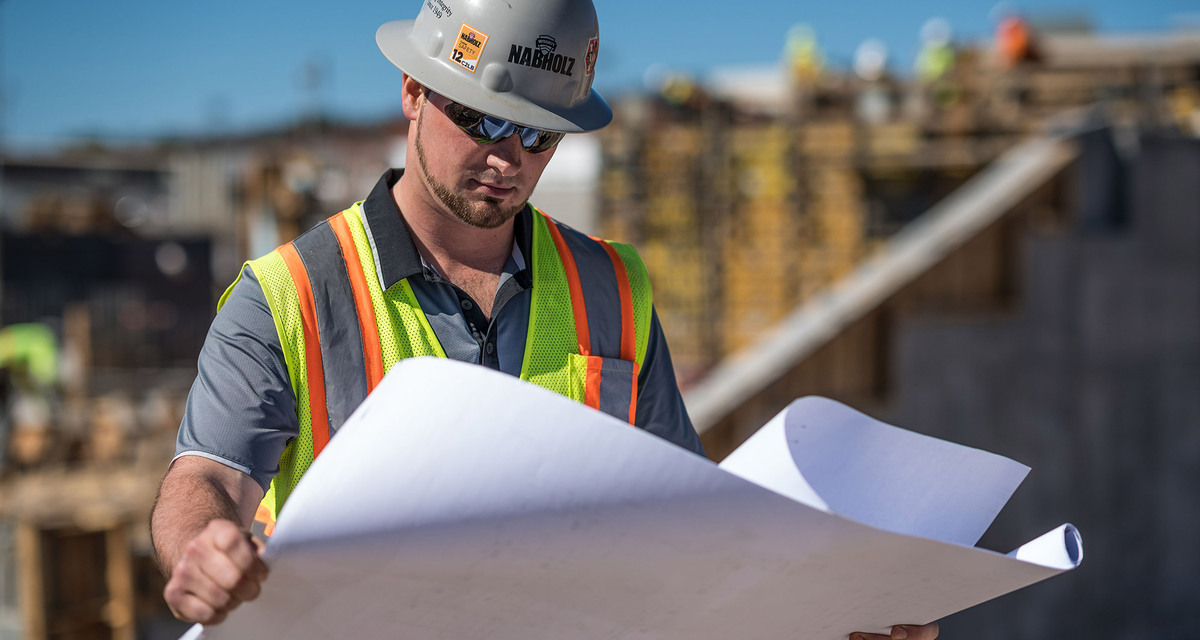

Building & Construction
How To Become A Superintendent In Construction
Modified: January 6, 2024
Learn the step-by-step process of becoming a construction superintendent in the building construction industry. Gain the skills and qualifications needed for this rewarding career.
(Many of the links in this article redirect to a specific reviewed product. Your purchase of these products through affiliate links helps to generate commission for Storables.com, at no extra cost. Learn more)
Introduction
Welcome to the world of construction, where buildings and structures come to life. In the construction industry, there are various roles and positions that play a vital role in ensuring the successful completion of projects. One such position is that of a superintendent.
A construction superintendent is responsible for overseeing the day-to-day operations of a construction project. They are the ones who ensure that the project stays on track, meets quality standards, and is completed within the specified timeline. Becoming a superintendent in construction requires a combination of education, experience, and the development of certain skills.
In this article, we will explore the steps you need to take to become a superintendent in construction. Whether you are currently working in the construction industry or considering a career in construction management, this article will provide you with valuable insights into the requirements and opportunities available in this field.
So, let’s dive in and explore how you can pave your way to becoming a construction superintendent.
Key Takeaways:
- Education, practical experience, and skill development are essential for aspiring construction superintendents. From obtaining a relevant degree to honing leadership and technical expertise, a well-rounded approach is crucial for success in this role.
- Networking, professional development, and career progression are integral to becoming a construction superintendent. Joining industry organizations, gaining hands-on experience, and advancing through various roles pave the way for a rewarding career in construction management.
Education and Training Requirements
To become a construction superintendent, it is recommended to have a solid educational background in construction management or a related field. A bachelor’s degree in Construction Management or a similar program will provide you with the necessary knowledge and skills to excel in this role.
During your degree program, you will learn about project management, construction methods, cost estimation, scheduling, and other essential aspects of the construction industry. This foundation of knowledge will serve as a solid base for your career as a superintendent.
In addition to a formal education, it is also crucial to obtain relevant certifications and licenses. These certifications not only enhance your credibility but also demonstrate your commitment to professional growth and development. Some commonly sought-after certifications include the Certified Construction Manager (CCM) and the Certified Professional Constructor (CPC) credentials.
Furthermore, gaining practical experience in the construction industry is vital for aspiring superintendents. Starting as a construction worker or a field engineer can provide valuable insights into the various stages of a construction project. By actively participating in construction activities, you will develop a deeper understanding of the processes, materials, and techniques involved.
Throughout your journey, it is important to seek opportunities to learn and grow. This could include attending workshops, seminars, and training programs that focus on construction management or leadership skills. Building a strong foundation of both theoretical knowledge and practical experience will make you a well-rounded candidate for a superintendent position.
Developing the Necessary Skills
Being a construction superintendent requires a diverse set of skills that go beyond technical expertise. Let’s delve into some of the key skills you need to develop in order to excel in this role:
- Leadership and Management Skills: As a superintendent, you will be responsible for leading and managing a team of individuals involved in the construction project. Developing strong leadership skills will enable you to effectively delegate tasks, motivate your team, and ensure efficient project execution.
- Strong Communication and Interpersonal Skills: Effective communication is crucial in the construction industry, as you will need to communicate with various stakeholders, including architects, engineers, subcontractors, and workers. Clear and concise communication skills will help you convey expectations, address concerns, and maintain positive working relationships.
- Problem-Solving and Decision-Making Abilities: Construction projects often encounter unexpected challenges and obstacles. Being able to think critically and make timely decisions is essential in ensuring the smooth progress of the project. Problem-solving skills will help you identify issues, devise solutions, and adapt to changing circumstances.
- Technical Knowledge and Expertise: While management and leadership skills are important, having a solid understanding of construction methods, materials, and technical processes is equally crucial. This knowledge will enable you to make informed decisions, evaluate construction plans, and ensure compliance with industry standards and regulations.
- Financial and Budgeting Skills: Construction projects involve significant financial considerations. As a superintendent, you will be responsible for managing budgets, tracking expenses, and ensuring cost-effective practices. Developing financial and budgeting skills will help you monitor project costs, negotiate contracts, and allocate resources efficiently.
These skills are not only essential for day-to-day operations but also contribute to your long-term success as a construction superintendent. By continuously honing these skills, you will position yourself as a competent and reliable professional in the construction industry.
Building Experience
Building experience is a crucial step in the path to becoming a construction superintendent. This involves gaining practical experience in various roles within the construction industry, managing construction projects, and developing a strong understanding of industry regulations and standards.
One way to build experience is by working in different roles within the construction industry. Starting from entry-level positions, such as a construction worker or a field engineer, will allow you to gain hands-on experience and learn the intricacies of different construction tasks. This experience provides valuable insights into the construction process and helps you develop a well-rounded perspective of the industry.
As you progress in your career, it is essential to seek opportunities to manage construction projects. Taking on project management roles will help you develop skills in planning, organizing, and executing construction projects from start to finish. This experience will provide you with valuable insights into managing budgets, coordinating subcontractors, and overseeing project timelines.
In addition to gaining practical experience, it is crucial to develop a strong understanding of industry regulations and standards. Construction is a highly regulated field, with specific codes, permits, and safety standards that must be adhered to. Familiarizing yourself with these regulations and staying updated with any industry changes will ensure that your projects are compliant and meet all necessary standards.
Continuing education and professional development opportunities can also help you stay ahead in the industry. Participating in workshops, seminars, and training programs focused on construction management and industry-specific topics will not only enhance your knowledge but also demonstrate your commitment to growth and learning.
Building experience is an ongoing process throughout your career. By continuously seeking new challenges and learning opportunities, you will develop the skills and expertise necessary to thrive as a construction superintendent.
Gain experience in various construction roles, pursue a degree in construction management or related field, and obtain relevant certifications such as Certified Construction Manager (CCM) to increase your chances of becoming a superintendent in construction.
Networking and Professional Development
In the construction industry, networking and professional development play a significant role in advancing your career and becoming a successful construction superintendent. Here are some strategies to consider:
- Join relevant professional organizations and associations: Becoming a member of professional organizations and associations in the construction industry can provide valuable networking opportunities and access to resources. Organizations like the Construction Management Association of America (CMAA) and the Project Management Institute (PMI) offer platforms for learning, sharing experiences, and connecting with industry professionals.
- Attend industry conferences and seminars: Attending conferences and seminars is an excellent way to stay updated on the latest trends and advancements in the construction industry. These events often feature keynote speakers, workshops, and panel discussions, providing valuable insights and opportunities for networking with industry experts.
- Participate in continuing education and training programs: The construction industry is constantly evolving, with new technologies, materials, and best practices emerging. Taking part in continuing education and training programs allows you to stay current with industry developments and enhance your skill set. These programs can be offered by professional organizations, universities, or specialized training institutes.
- Build a network of industry contacts: Networking is essential in any industry, and construction is no exception. Building relationships with other professionals, including architects, project managers, contractors, and suppliers, can open doors to new opportunities and collaborations. Attend industry events, engage in online communities, and leverage social media platforms like LinkedIn to connect with like-minded professionals.
By actively participating in networking activities and seeking opportunities for professional development, you expand your knowledge, gain exposure to different perspectives, and increase your visibility within the industry. These connections and resources can prove invaluable as you progress in your career as a construction superintendent.
Read more: What Is A Superintendent In Construction
Advancement Opportunities and Career Path
The journey towards becoming a construction superintendent involves progressing through various roles and positions within the construction industry. Here is a typical career path to consider:
- Start as an entry-level construction worker or field engineer: Starting at the ground level allows you to gain hands-on experience and familiarize yourself with different construction tasks. This experience provides a solid foundation and helps you understand the intricacies of the construction process.
- Progress to project management roles: As your skills and experience grow, you can transition into project management roles. This involves overseeing multiple aspects of a construction project, including planning, coordinating subcontractors, managing budgets, and ensuring timely completion. Working as a project manager allows you to develop leadership skills and gain a broader understanding of the construction industry.
- Aim for superintendent positions within construction companies: Superintendent positions are considered senior-level roles within construction companies. As a superintendent, you will be responsible for overseeing the entire construction project, managing onsite operations, and ensuring that all work is completed efficiently and according to plans and specifications. Superintendent positions often require a combination of technical expertise, leadership skills, and industry experience.
Advancement opportunities in the construction industry are plentiful, and your career path may vary based on your individual goals and aspirations. Some professionals choose to specialize in specific areas, such as residential construction, commercial construction, or infrastructure projects. Others may pursue advanced degrees or certifications to further enhance their qualifications.
It is important to note that becoming a construction superintendent is a culmination of education, experience, and developing the necessary skills. Along the way, networking, continuous learning, and actively seeking new challenges will contribute to your professional growth and open doors to new opportunities.
With dedication, perseverance, and a passion for the construction industry, you can navigate the path towards becoming a successful construction superintendent.
Conclusion
Becoming a construction superintendent is an exciting and rewarding career path within the construction industry. It requires a combination of education, experience, and the development of essential skills. By following the steps outlined in this article, you can pave your way towards achieving this goal.
Educational requirements include obtaining a bachelor’s degree in Construction Management or a related field. This provides a solid foundation of knowledge in construction principles, project management, and industry regulations. Additionally, obtaining relevant certifications and licenses further enhances your credibility and demonstrates your commitment to professional growth.
Developing the necessary skills is essential for success as a construction superintendent. Leadership and management skills, strong communication, problem-solving, technical knowledge, and financial acumen are all crucial components. Building experience through various roles within the construction industry and managing construction projects provides the practical knowledge and understanding needed to excel in this role.
Networking and professional development are vital for keeping up with industry trends and expanding your opportunities. Joining professional organizations, attending conferences and seminars, participating in continuing education programs, and building a network of industry contacts can all contribute to your professional growth and advancement.
Advancement opportunities in the construction industry typically follow a path from entry-level positions to project management roles, eventually leading to superintendent positions within construction companies. This progression allows you to gain experience, develop leadership skills, and take on bigger responsibilities.
In conclusion, becoming a construction superintendent requires dedication, continuous learning, and a passion for the industry. By investing in your education, honing your skills, gaining hands-on experience, and connecting with other professionals in the field, you can carve a successful career path as a construction superintendent. The construction industry is constantly evolving, and as a superintendent, you will play a vital role in shaping the built environment and bringing projects to life.
Frequently Asked Questions about How To Become A Superintendent In Construction
Was this page helpful?
At Storables.com, we guarantee accurate and reliable information. Our content, validated by Expert Board Contributors, is crafted following stringent Editorial Policies. We're committed to providing you with well-researched, expert-backed insights for all your informational needs.

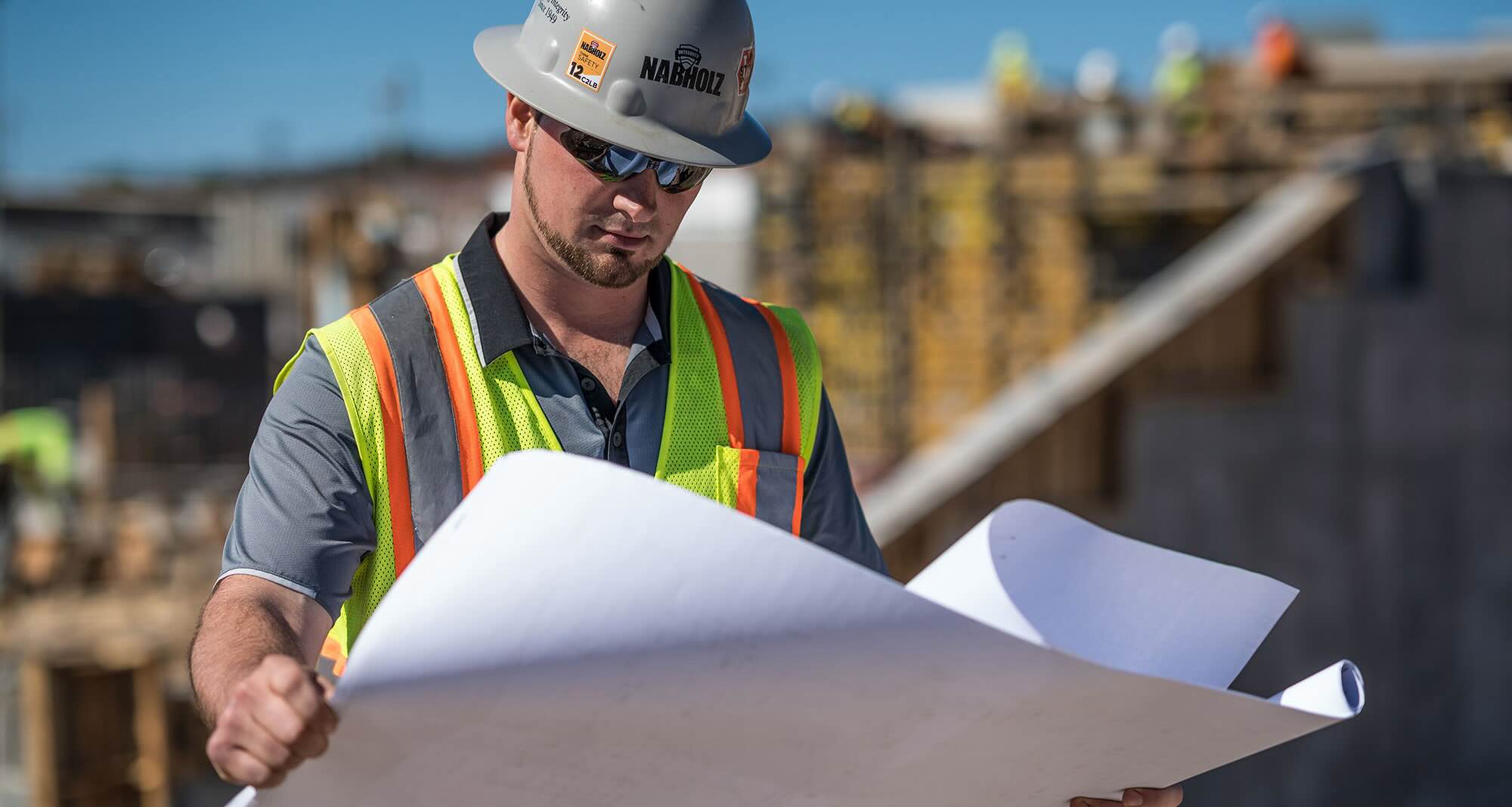
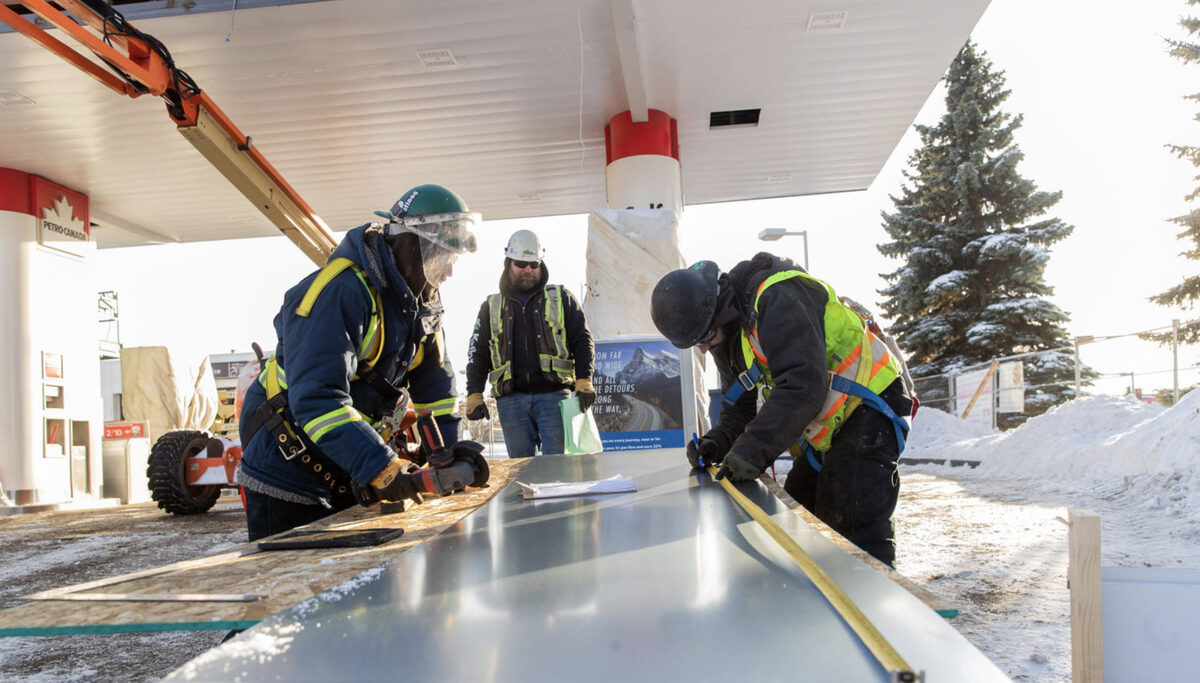
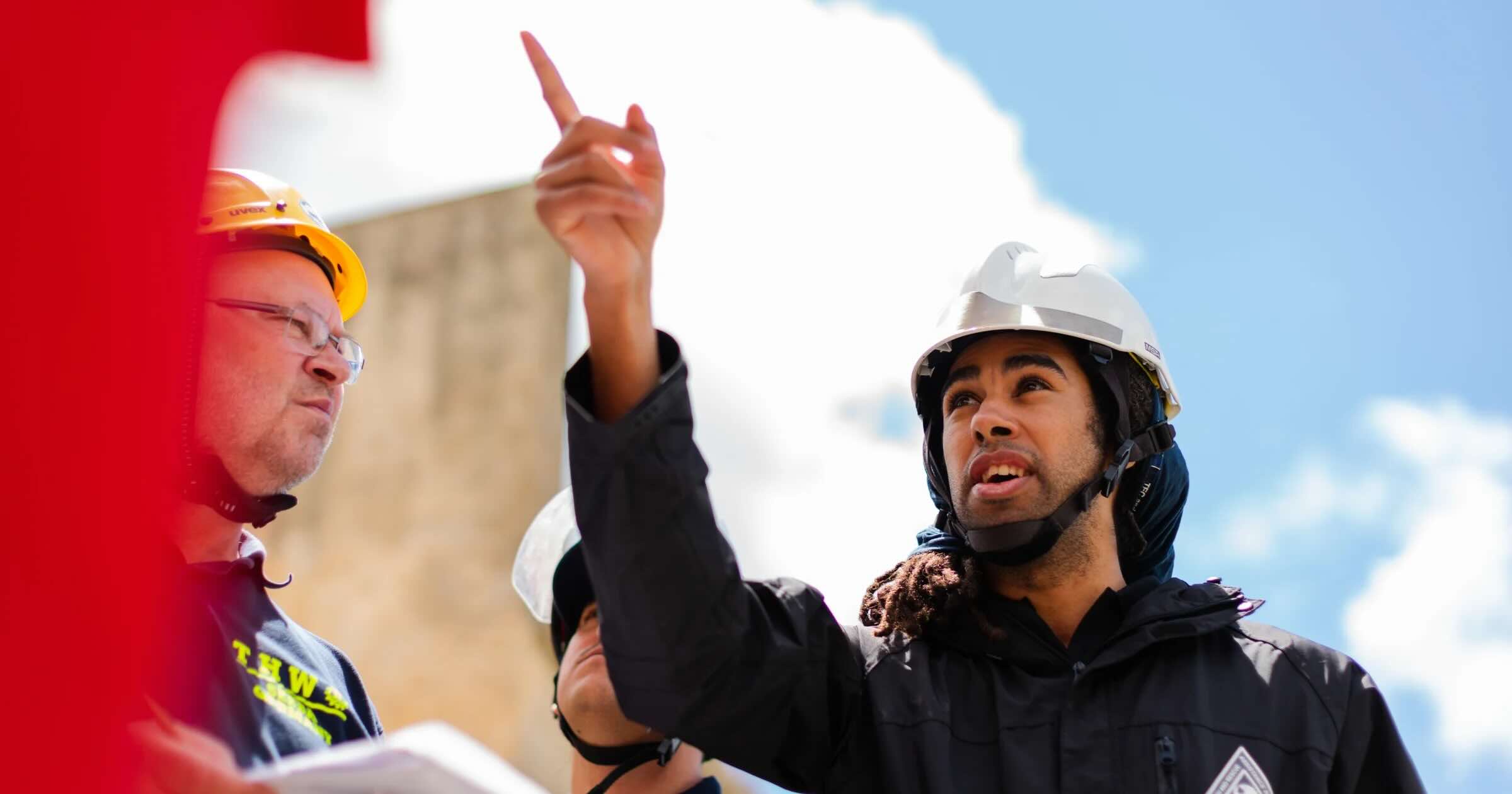



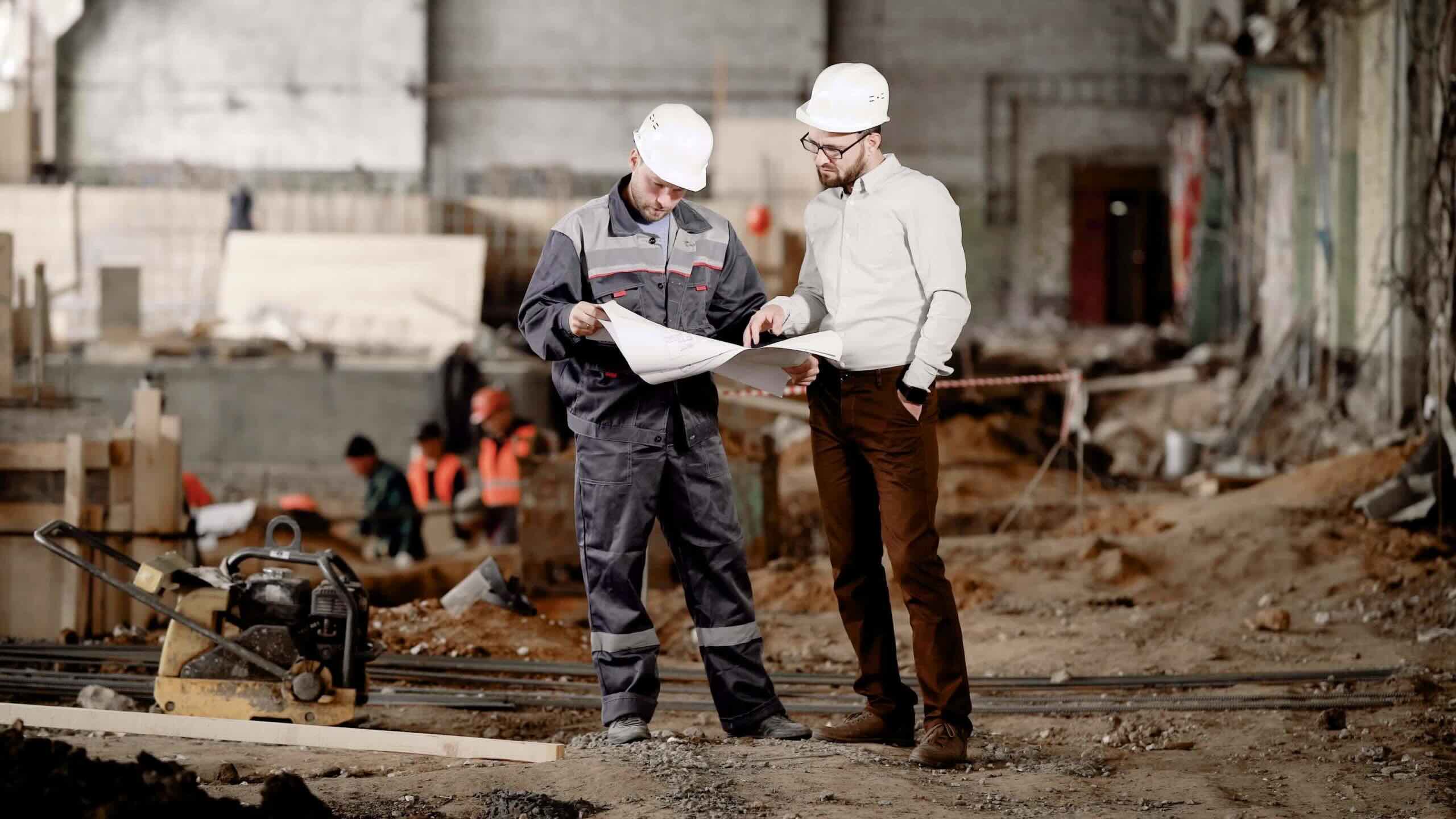



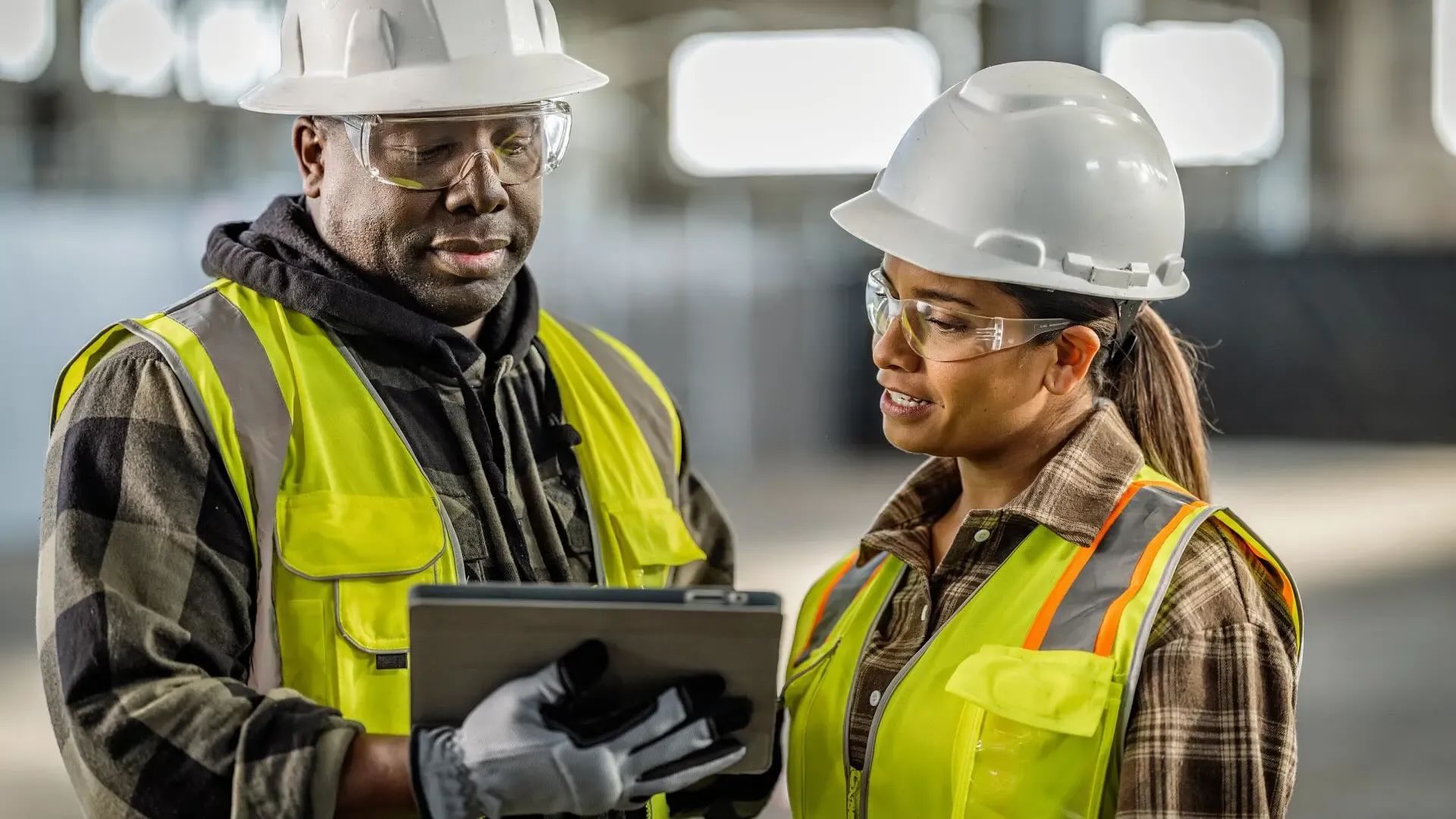
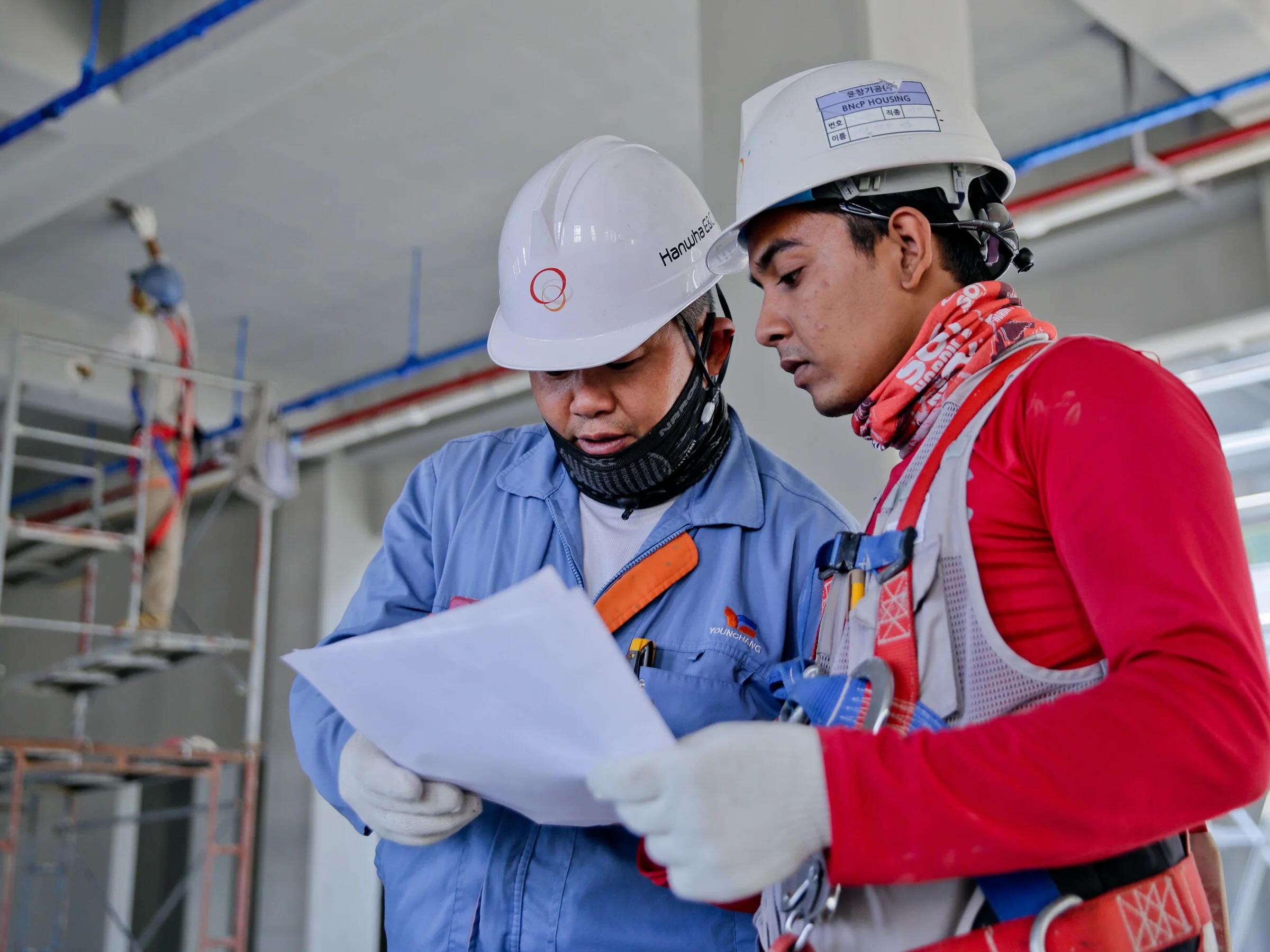


0 thoughts on “How To Become A Superintendent In Construction”